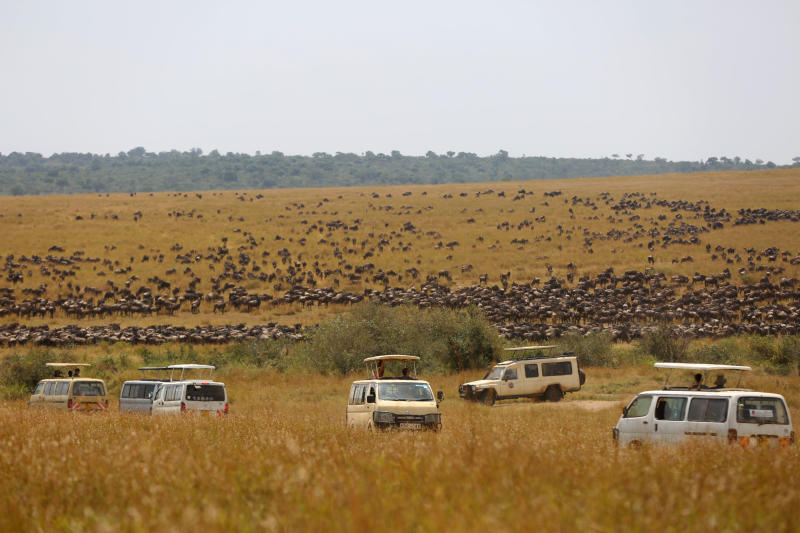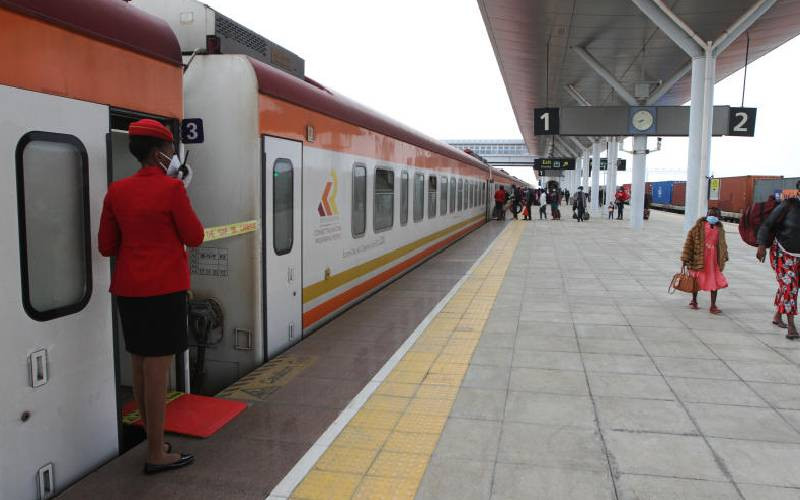×
The Standard e-Paper
Kenya’s Boldest Voice

An ecologist in the world-famous Masai Mara Game Reserve has said he is puzzled by the early migration of wildebeests.
The wildebeest migration spectacle normally begins in mid-June and continues to September. But this year, the herbivores started their long trek at the end of last month.







